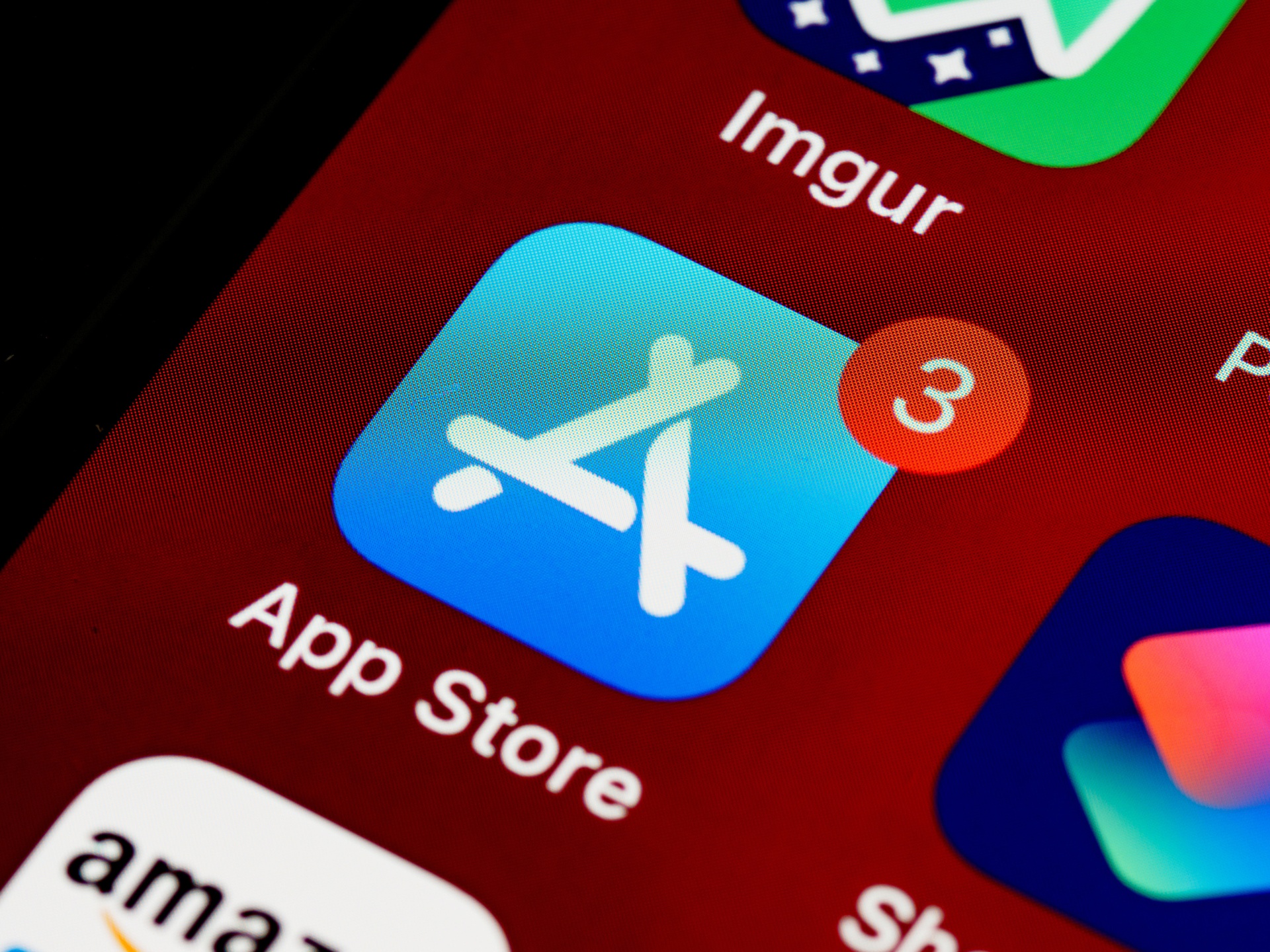iOS 17.4 brings several new features to iPhone, such as Apple Music-like lyrics for Apple Podcasts, new emojis, widgets, better iMessage security protocol, and more. However, the most significant change is Apple’s compliance with the European Union’s Digital Market Act, which allows users in Europe to download apps from third-party app stores.
This is the first time that the Cupertino giant has allowed the download of applications from sources other than the Apple App Store on the iPhone. However, before you start using these new features on your iPhone, there are some important points to consider. Here’s what you need to know:
1. Alternative app stores will stop working outside the EU
(Even if you have them installed on your device)
For those who may not know, sideloading apps on iPhones running iOS 17.4 is only available within the EU. Although this feature is integrated into the system, Apple has not expanded its availability to other regions such as North America and Asia. However, what is particularly noteworthy is that if you leave the EU for an extended period, third-party app stores will not work on your device. To install apps outside the App Store or download new app markets, you must remain physically present within the EU regions.
2. Applications must still pass a security check (certification by a public notary)
By allowing the installation of applications from sources outside the App Store, Apple cannot ensure the security and content of applications offered through alternative application stores. To address this, Apple implemented a security measure known as notarization in iOS 17.4. This ensures that all apps, regardless of the platform through which they are distributed — the App Store or alternative markets — undergo a thorough security check to detect and prevent malware, viruses and other threats.
While apps from the App Store undergo rigorous human reviews and security checks, those from third-party stores will undergo notarization for security checks. Apple says that if an iOS app is found to contain known malware after installation, it will be blocked from launching and new installations will be revoked.

Kuo predicts Apple’s foldable computer, and here’s why it makes sense
Apple may be working on a foldable MacBook for 2027 and it actually makes a lot of sense – here’s why!
3. There is a grace period before third-party apps stop receiving updates from outside the EU
Users must be in the EU to download new apps and alternative markets. But what about updating these apps while outside the EU? Apple also seems to impose restrictions in this regard. Third-party apps will stop receiving updates if the user stays outside the EU for more than 30 days.
This means that if you are outside the EU for more than a month, Apple will revoke access to the update, preventing you from updating existing apps. You must return to a supported EU region to update apps. While 30 days seems more than enough, this limit could be frustrating for those who spend most of their time outside the EU.
4. Parents can block ‘unsafe’ apps from sources other than the App Store
Apple says it cannot monitor the content of apps distributed through alternative marketplaces, which may include objectionable material such as hate speech, illegal drugs or pornography. To address this, the company offers a solution where parents can prevent family members from fully installing third-party app markets.
This can be done through Screen Time Limits by going to Content and Privacy Restrictions → App Installations and Purchases and changing ‘App Markets’ to ‘Don’t Allow’. Alternatively, parents can also opt to set age ratings for installing apps from third-party app stores instead of blocking them altogether. These age restrictions will also apply to non-App Store markets.
5. Developers can offer direct downloads of applications from their websites
While Apple has only opened third-party app stores in the EU, the company recently said it will allow developers to offer apps directly through its websites. However, to qualify for this, developers must adhere to a stricter set of requirements. This includes being a member of the Apple Developer Program for two consecutive years, with at least one app that has achieved one million installs in the EU, and passing a notary check. The feature will become available through a software update later this year, marking the first time Apple has allowed users to download apps directly from websites.

